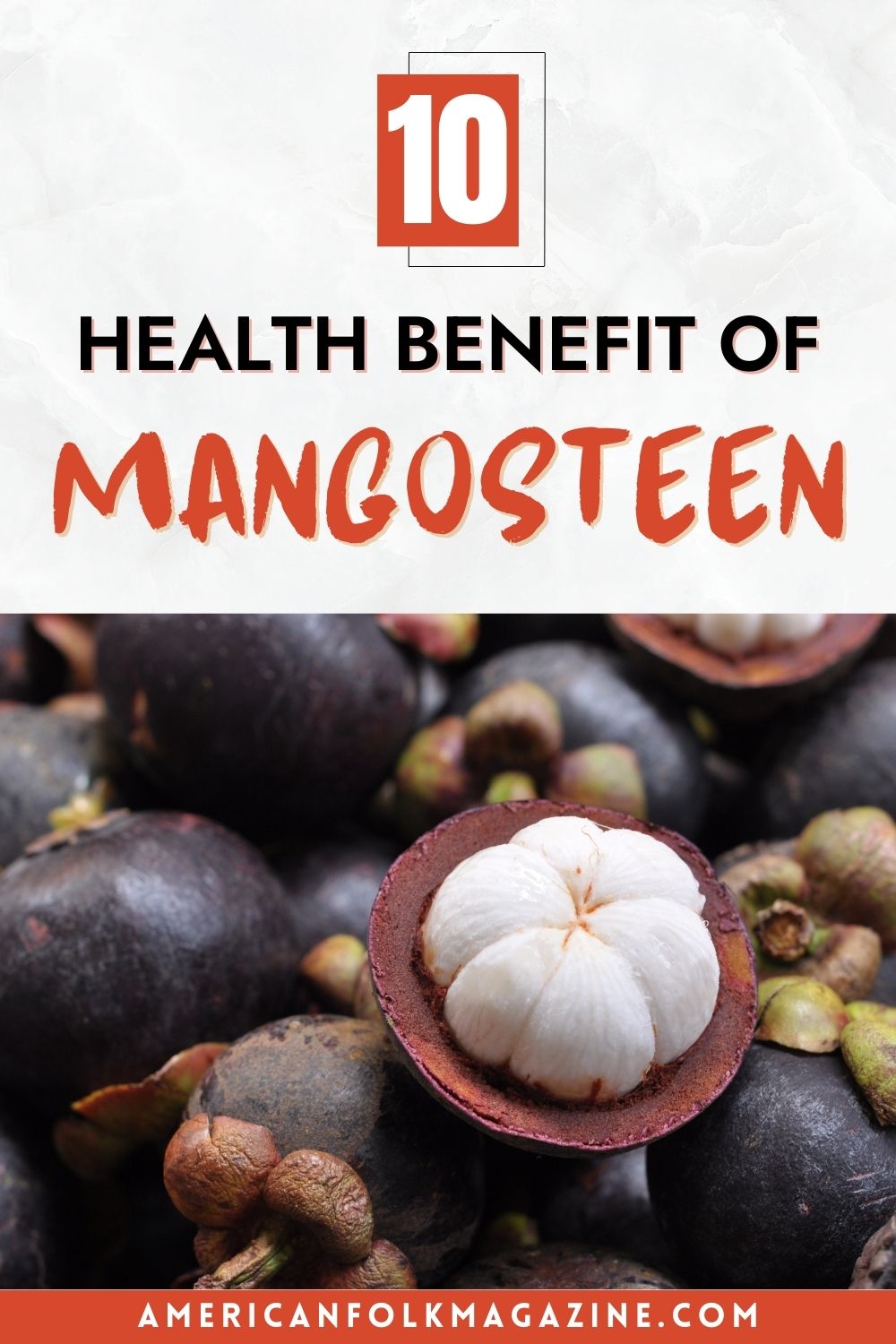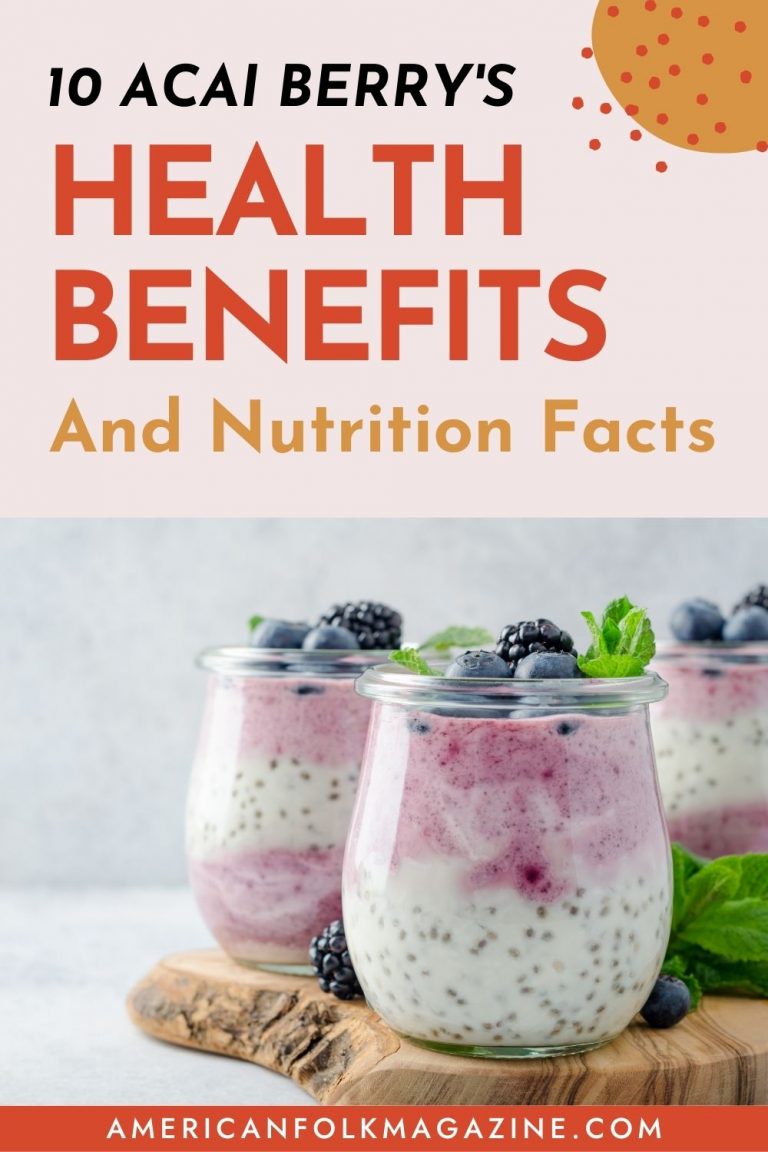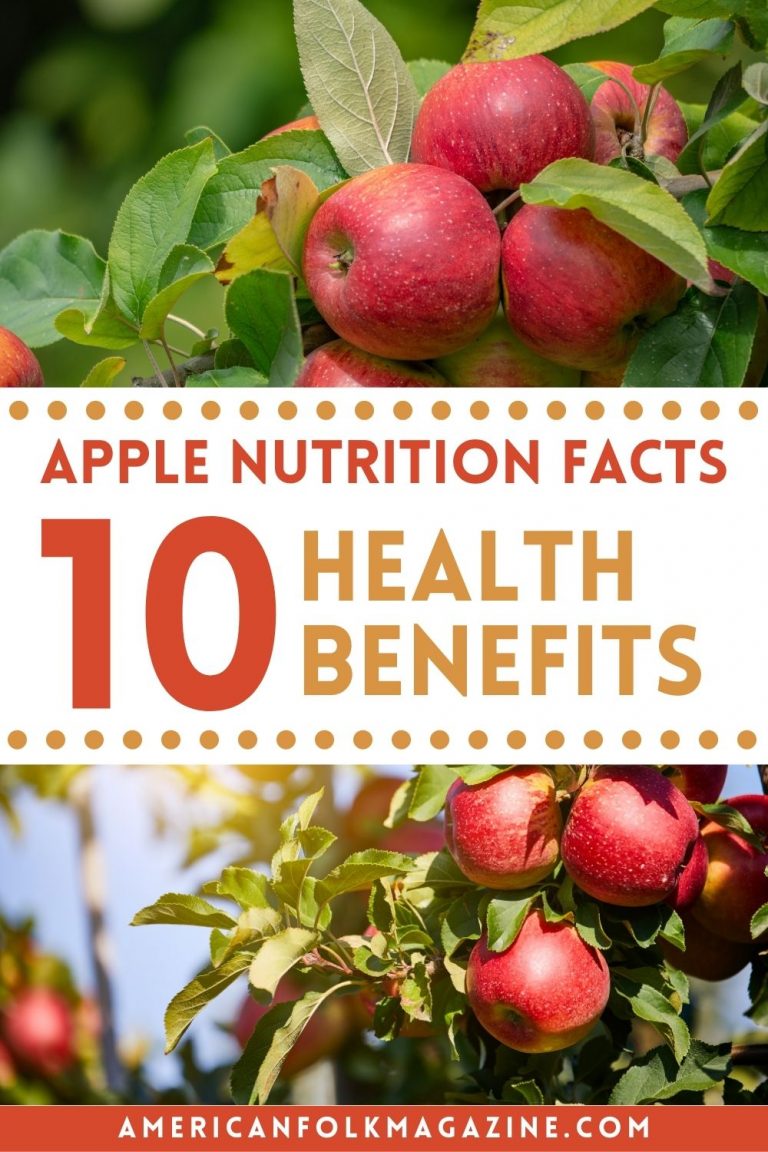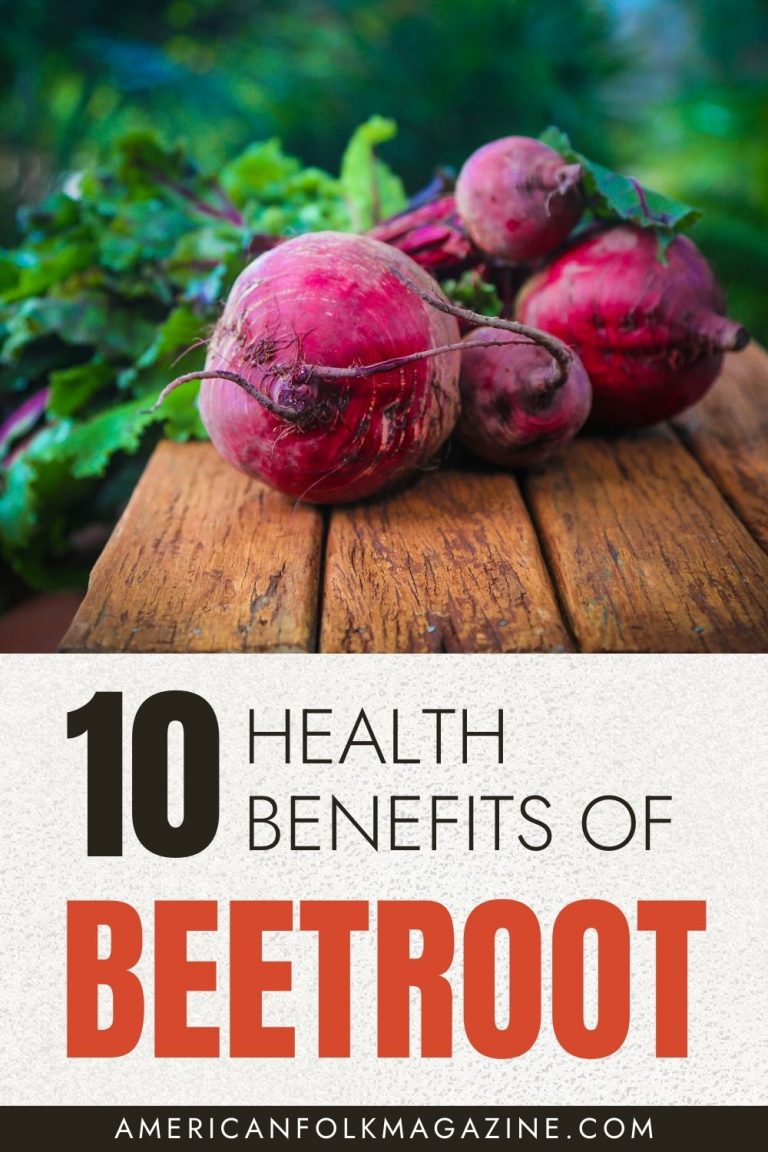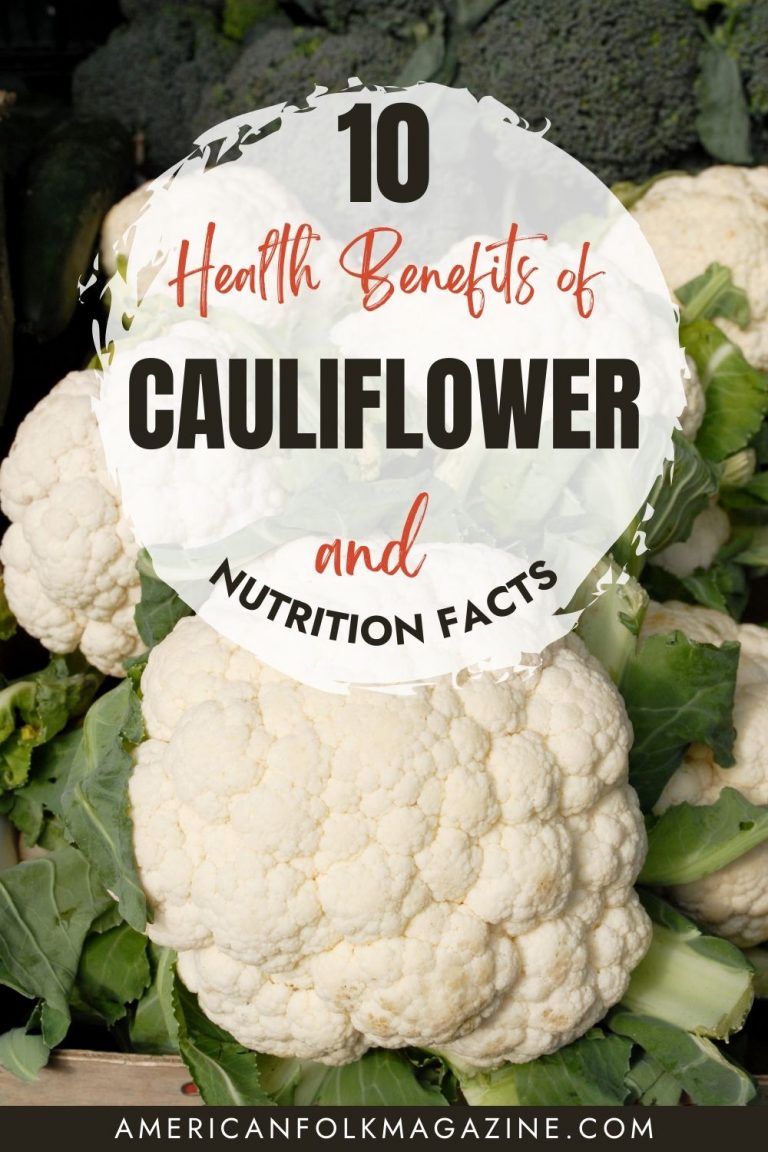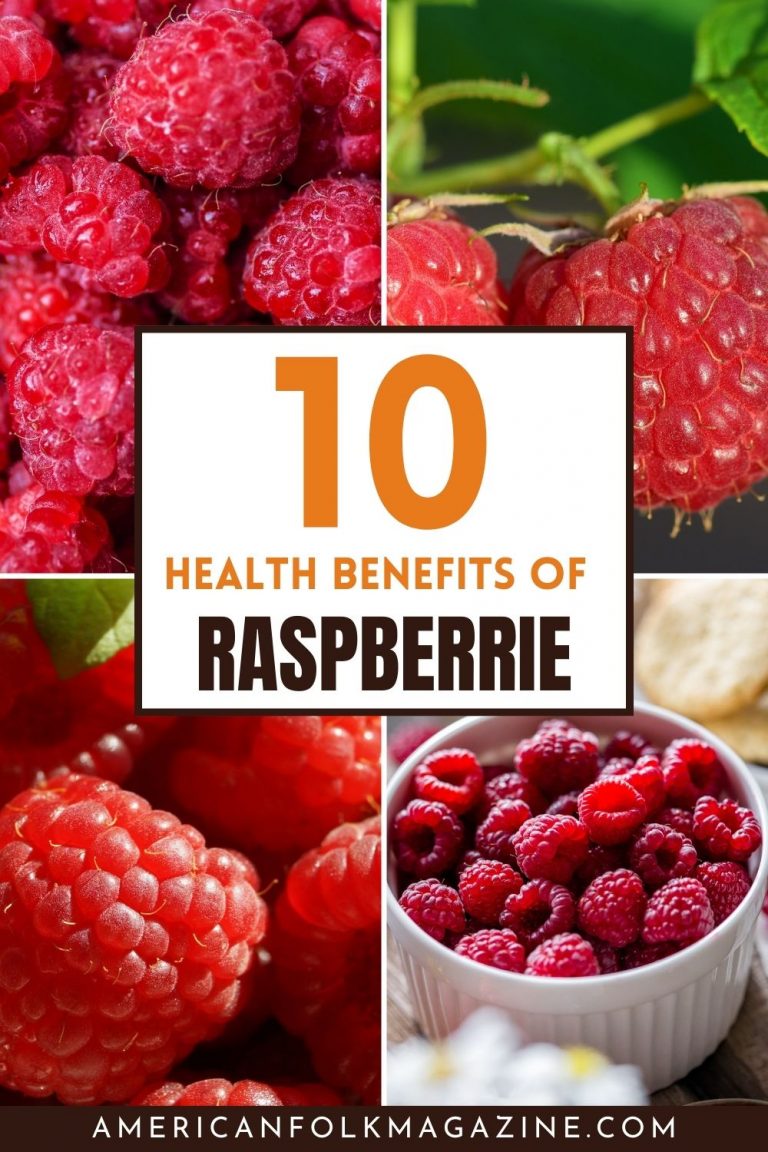Mangosteen is a tropical fruit that is widely known for its sweet and tangy flavor. However, it is not only delicious but also packed with essential nutrients that are beneficial for overall health. In this article, we will take a closer look at the nutrition facts and health benefits of mangosteen.
Nutritional Value of Mangosteen
Mangosteen is a tropical fruit that is known for its sweet and tangy flavor. It is also loaded with essential nutrients that are beneficial for overall health.
Nutrition Table
Here is a nutrition table that shows the macronutrient and micronutrient content of mangosteen:
| Nutrient | Amount per 100 grams |
|---|---|
| Calories | 63 |
| Protein | 0.5 grams |
| Fat | 0.4 grams |
| Carbohydrates | 15.6 grams |
| Fiber | 1.8 grams |
| Vitamin C | 12% of the Daily Value (DV) |
| Vitamin B6 | 5% of the DV |
| Potassium | 4% of the DV |
| Magnesium | 3% of the DV |
Mangosteen is relatively low in calories, with only 63 calories per 100 grams. It is also low in fat and protein but is rich in carbohydrates and fiber. The fruit is a good source of vitamin C, which is an essential antioxidant that helps boost the immune system and protect against various diseases.
Mangosteen also contains vitamin B6, which is important for brain development and function. Additionally, it is a good source of potassium, a mineral that helps regulate blood pressure and maintain heart health.
The fruit is also a mild source of magnesium, which is important for bone health and muscle function.
Overall, mangosteen is a highly nutritious fruit that provides a wide range of health benefits. Its nutrient content makes it an excellent addition to a healthy and balanced diet.
10 Health Benefits of Mangosteen
Mangosteen is a tropical fruit that is known for its sweet and tangy taste. It is also packed with essential nutrients that offer numerous health benefits. Here are 10 health benefits of mangosteen:
1. Antioxidant Properties
Mangosteen is rich in antioxidants, which help protect the body against free radicals that can cause cellular damage. The fruit contains xanthones, a type of antioxidant that has been shown to have anti-inflammatory and anti-cancer properties.
2. Anti-Inflammatory Benefits
Mangosteen has potent anti-inflammatory properties that can help reduce inflammation in the body. Chronic inflammation has been linked to numerous health problems, including heart disease, cancer, and diabetes.
3. Cancer Prevention Potential
Mangosteen has been found to have anti-cancer properties. The fruit contains compounds that can help prevent the growth and spread of cancer cells. Studies have shown that mangosteen extract may be effective in preventing or treating certain types of cancer, including breast cancer, leukemia, and colon cancer.
4. Weight Management Aid
Mangosteen is low in calories and high in fiber, making it an excellent addition to a weight loss diet. The fiber in mangosteen can help promote feelings of fullness and reduce appetite, while the low calorie content can help reduce overall calorie intake.
5. Digestive Health Support
Mangosteen is a good source of dietary fiber, which is essential for maintaining healthy digestion. The fiber in mangosteen can help promote regular bowel movements and prevent constipation. Additionally, the fruit contains compounds that can help reduce inflammation in the gut, which can improve overall digestive health.
6. Heart Health Promotion
Mangosteen is rich in vitamins and minerals that are essential for maintaining a healthy heart. The fruit contains potassium, which can help regulate blood pressure, and magnesium, which can help reduce the risk of heart disease.
7. Skin Health Enhancement
Mangosteen has been found to have anti-aging properties that can help improve skin health. The fruit contains antioxidants that can help protect the skin against damage from free radicals, which can cause wrinkles and other signs of aging.
8. Blood Sugar Control
Mangosteen may be beneficial for people with diabetes or those at risk of developing the condition. The fruit contains compounds that can help regulate blood sugar levels, which can reduce the risk of complications associated with diabetes.
9. Immune System Boost
Mangosteen is rich in vitamins and minerals that are essential for maintaining a healthy immune system. The fruit contains vitamin C, which can help boost immune function and reduce the risk of infections.
10. Mental Health Improvement
Mangosteen may have benefits for mental health. The fruit contains compounds that can help reduce inflammation in the brain, which has been linked to depression and other mood disorders. Additionally, mangosteen has been found to have anti-anxiety properties that can help reduce feelings of stress and anxiety.
Overall, mangosteen is a nutritious fruit that offers numerous health benefits. Incorporating mangosteen into a healthy diet can help promote overall health and wellbeing.
How to Include Mangosteen in Your Diet
Mangosteen is a tropical fruit that has a sweet and tangy flavor. It can be eaten raw or used in various recipes such as smoothies, salads, and desserts. Here are a few ways to include mangosteen in your diet:
1. Eat it Raw
Mangosteen can be eaten raw by cutting it in half and scooping out the flesh with a spoon. It is best to consume it when it is ripe, which is when the outer shell turns purplish-red and the fruit feels soft to the touch.
2. Add it to Smoothies
Mangosteen can be added to smoothies to give them a tropical twist. Simply blend the fruit with other ingredients such as yogurt, bananas, and berries.
3. Use it in Salads
Mangosteen can be used in salads to add a burst of flavor and nutrition. Combine it with other fruits such as pineapple, papaya, and mango, and top it with a dressing made of lime juice, honey, and olive oil.
4. Make a Dessert
Mangosteen can be used in various desserts such as sorbets, pies, and tarts. Combine the fruit with other ingredients such as coconut milk, sugar, and gelatin to create a delicious and healthy dessert.
5. Drink it as Juice
Mangosteen juice is a popular beverage in Southeast Asia and can be found in many health food stores. It is a refreshing and nutritious drink that can be enjoyed on its own or mixed with other juices such as orange or pineapple.
Overall, mangosteen is a versatile and delicious fruit that can be used in many ways to add flavor and nutrition to your diet.
Potential Side Effects and Precautions
While mangosteen is generally safe for consumption, there are a few potential side effects to keep in mind.
Firstly, mangosteen contains xanthones, which are natural compounds that have been linked to allergic reactions in some individuals. If you experience any symptoms such as itching, rash, or swelling after consuming mangosteen, it is best to discontinue use and seek medical attention.
Additionally, mangosteen may interact with certain medications, such as blood thinners and some antidepressants. If you are taking any medications, it is important to consult with your healthcare provider before adding mangosteen to your diet.
It is also worth noting that mangosteen is relatively high in sugar, with around 13 grams per 100 grams of fruit. While this may not be a concern for most individuals, those with diabetes or other blood sugar disorders should monitor their intake and speak with their healthcare provider if necessary.
Finally, while mangosteen has been traditionally used in herbal medicine, more research is needed to fully understand its potential benefits and risks. As with any supplement or herbal remedy, it is important to use caution and consult with a healthcare provider before adding mangosteen to your diet.
References:
- https://www.nutrition-and-you.com/mangosteen.html
- https://www.healthline.com/nutrition/mangosteen
- https://www.medicalnewstoday.com/articles/mangosteen
Pin It In Your Board



